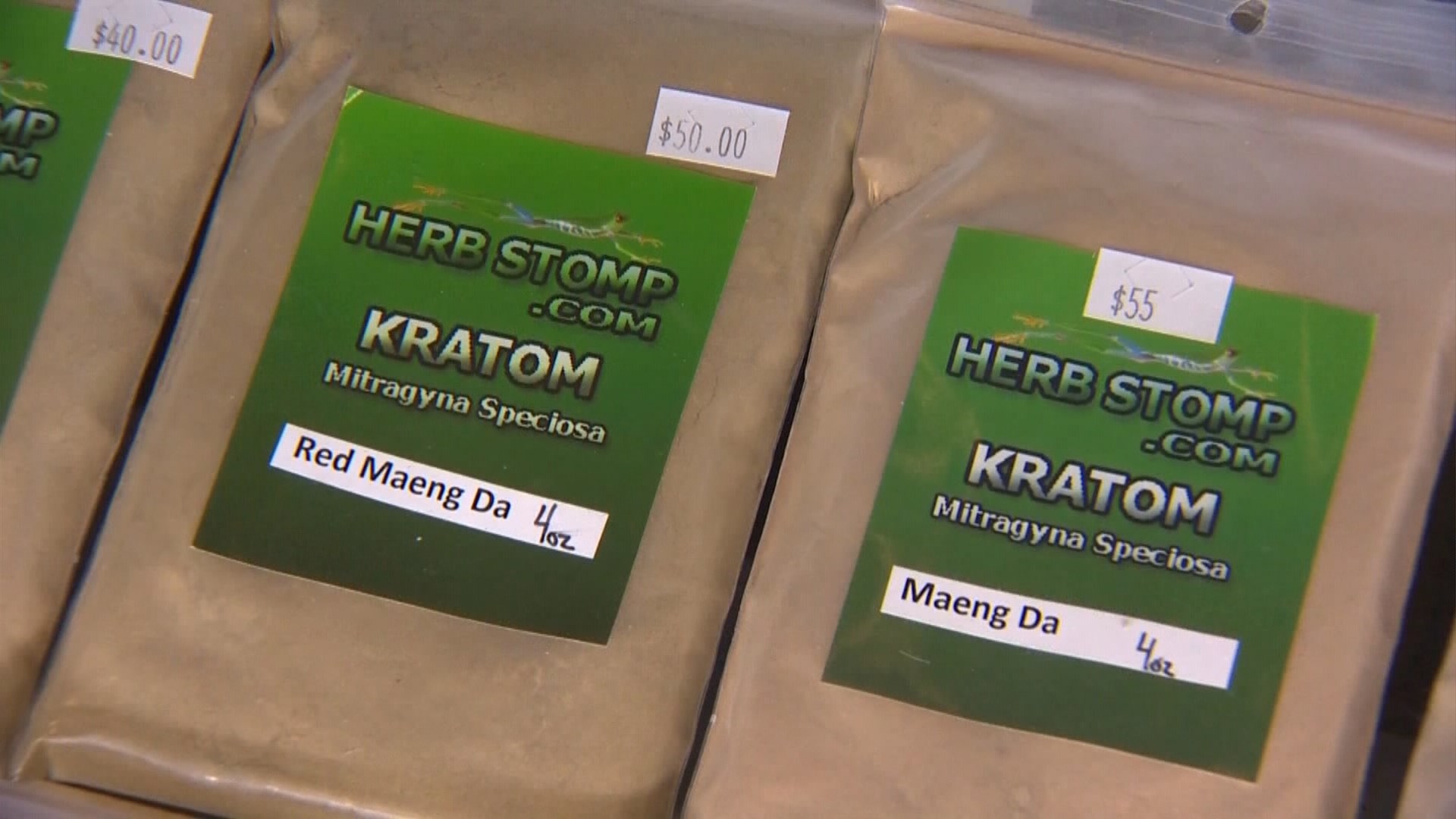The DEA says that kratom is a dangerous substitute for opiate-like drugs like heroin, so on September 30, it is set to be classified illegal as a schedule 1 drug.
But kratom supporters say that this all-natural substance is harmless, and making it illegal will do more harm than good.
"I'm 58 years old. I'm a mother of three, a grandmother of seven. My son is a registered nurse. If he thought I was high, he would never trust me with his four children," said Peg, who has been running the online Kratom Forum for more than 10 years and says that most of the people on her forum who use the supplement are 40 and older. "These aren't kids out looking for a legal high. These are working people who just want a plant that will help them with their daily lives."
Kratom's biological name is Mitragyna Speciosa and is a natural tree native to southeast Asia. It can be ingested whole by eating the leaves, but more commonly you'll see it made into a tea or ground into a capsule that's sold at many smoke shops in San Antonio.
Brandon Berube is the general manager of the Hazel Sky Smoke Shop on the northwest side. He uses kratom.
"It gives you a little bit of energy," he said. "I've been getting only a couple of hours sleep, lately. I'm a new father. So with that, I've been searching for ways to help me feel a little more energized."
But not everyone believes that kratom is safe.
"It's been associated with some pretty bad adverse affects: some seizures, some psychosis," toxicologist Dr. Michael Moss said. "There have been a few deaths related to it across the country."
The DEA says that about 14 deaths have been linked to kratom in the U.S. and about 30 worldwide.
Lauren Eden's son, John, a Naval intelligence officer, committed suicide last year. Eden says that bags of kratom were found in John's apartment. She believes the drug led to his death.
"He did no illegal drugs. He was looking for something to help with anxiety," Eden said.
But in no case was kratom cited as the only factor.
Between 2010 and 2015, U.S. poison centers received 660 calls related to kratom exposure, compared to 7000 reports of children ingesting detergent packs through July of this year, and nearly 300,000 calls involving analgesics in 2014.
To be a schedule 1 substance, a drug must have a high potential for abuse, no currently accepted medical use in treatment in the U.S., and a lack of accepted safety for use under medical supervision.
Peg says that kratom doesn't even come close.
"You can't say there is absolutely no medical use for this," she said. "I've seen it help thousands of people over the years."


